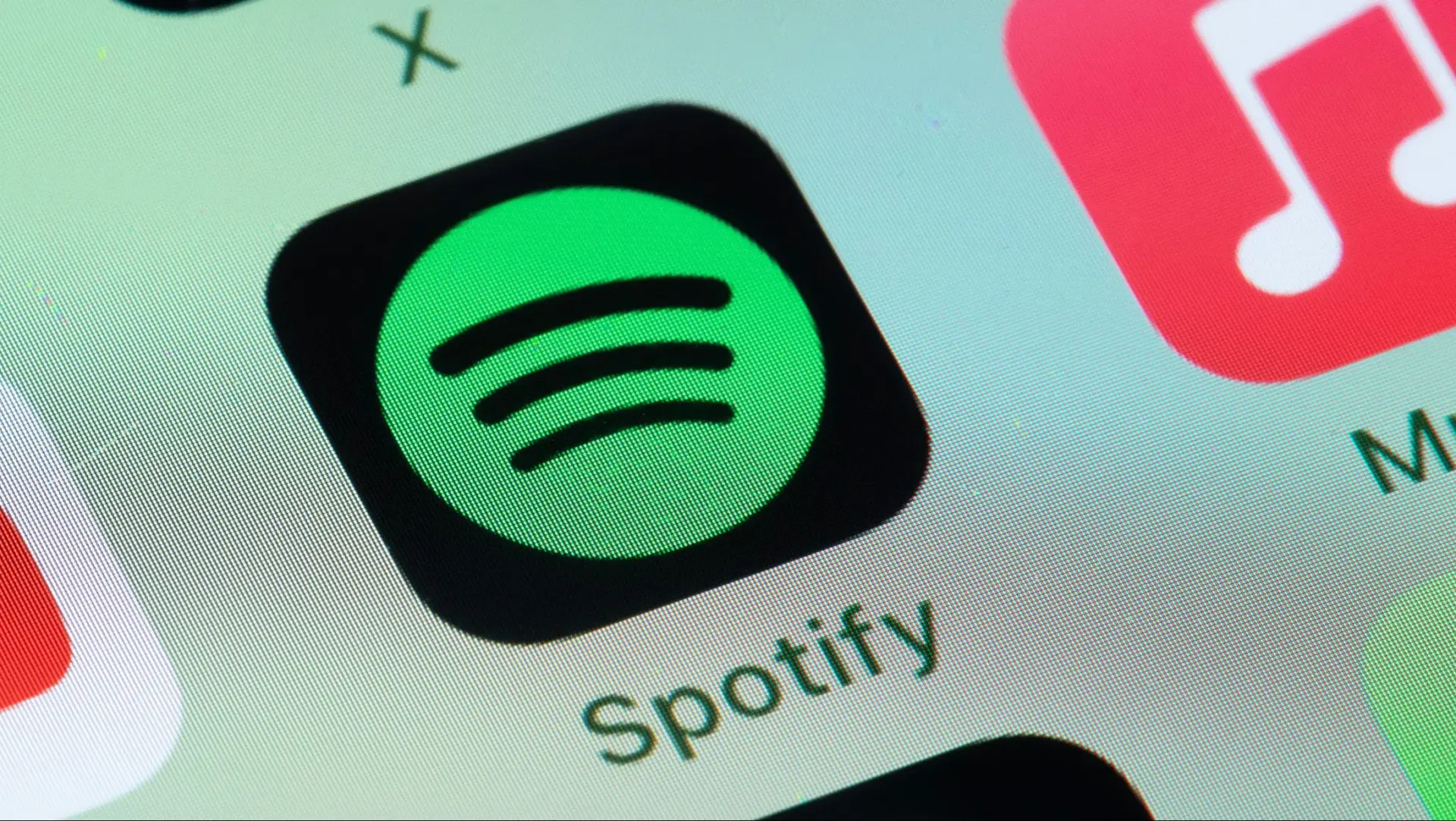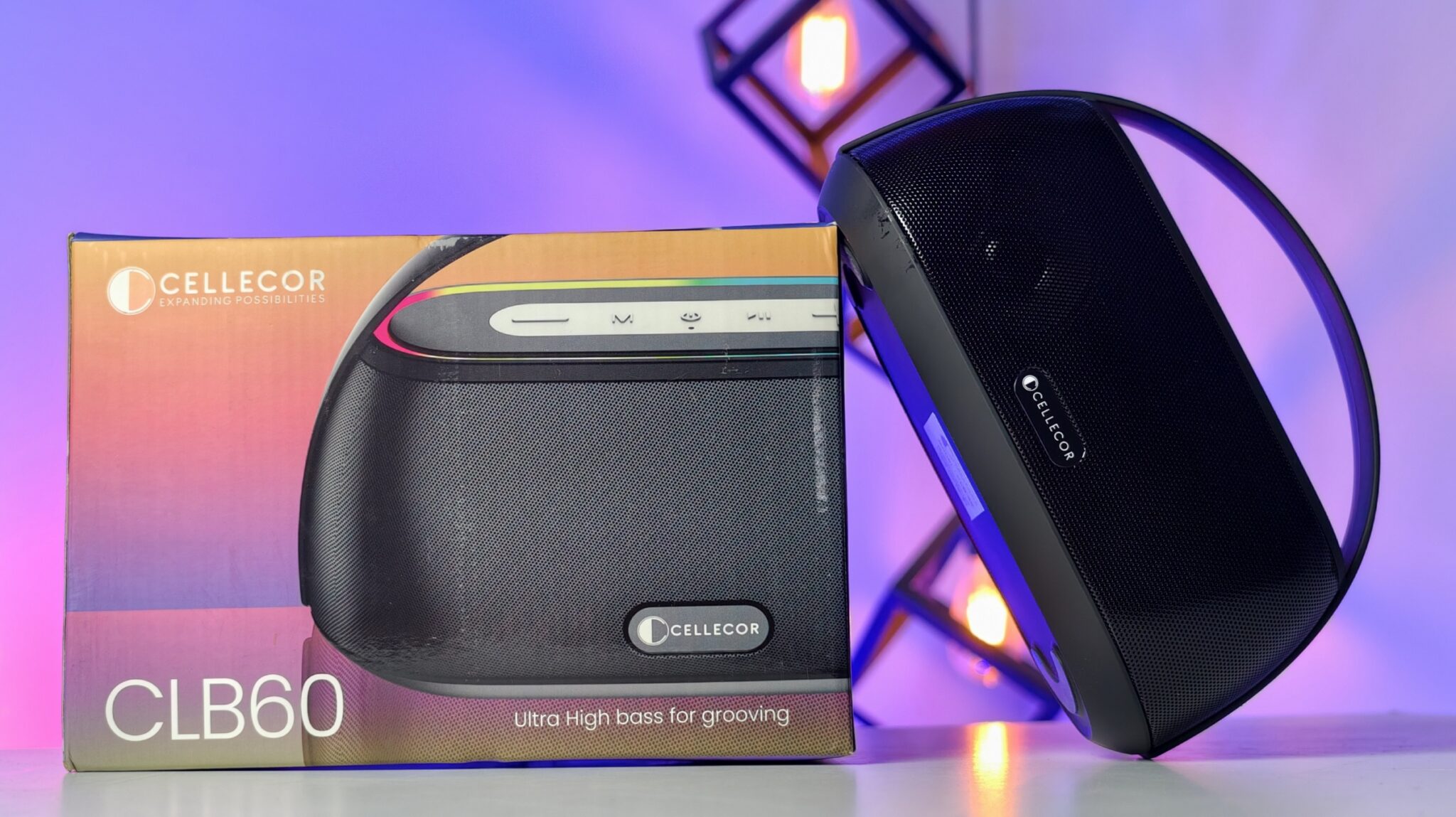Spotify has introduced a significant update to its Discover Weekly playlist, a core feature for music discovery that has been a staple for users for ten years. This refresh aims to enhance the personalization and variety of the music recommendations users receive each week. The changes reflect Spotify’s ongoing commitment to refining its recommendation algorithms and adapting to evolving listening habits.
Key Takeaways:
- Spotify’s Discover Weekly playlist, launched in 2015, receives its first major overhaul in a decade.
- The update focuses on enhanced personalization and a wider range of music discovery.
- New algorithmic adjustments aim to introduce more diverse artists and genres.
- User feedback and evolving listening habits drove the changes.
- Spotify states the goal is to make the playlist feel “fresher” and more attuned to individual tastes.
- The update rolls out globally to all Spotify users.
Since its launch in 2015, Discover Weekly quickly became a flagship feature for Spotify. It delivered a personalized mix of new and overlooked tracks to listeners every Monday, based on their listening history and the habits of similar users. At the time, it was a novel concept that set Spotify apart from competitors, establishing it as a leader in algorithmic music curation. The playlist’s success was rooted in its ability to consistently present users with music they were likely to enjoy but hadn’t yet discovered. This often-included deep cuts from familiar artists, tracks from emerging musicians, or genres outside a listener’s usual rotation.
The original Discover Weekly algorithm leveraged a combination of collaborative filtering and natural language processing. Collaborative filtering identified users with similar listening patterns and recommended tracks popular among those users but unheard by the target listener. Natural language processing analyzed text around music (like reviews or descriptions) to understand genre, mood, and other characteristics, helping to group similar songs. This dual approach was highly effective in its early years, leading to widespread user adoption and praise. Many users reported discovering their favourite new artists through the playlist, fostering a sense of personalized connection with the platform.
Over the past decade, the digital music landscape has changed considerably. Streaming services have proliferated, and users have become accustomed to sophisticated recommendation engines across various platforms. Spotify itself has introduced numerous other personalized playlists, such as Release Radar, Daily Mixes, and Wrapped, each serving different discovery purposes. This proliferation of options, combined with the maturation of its own algorithms, likely prompted Spotify to re-evaluate Discover Weekly’s current state. Public discussions on platforms like Reddit and Quora sometimes touched upon a perceived stagnation in Discover Weekly’s recommendations, with some users reporting a feeling of hearing similar artists or genres repeatedly. While still highly valued, the playlist perhaps lost some of its initial “wow” factor for long-term users.
The new Discover Weekly aims to address these points by incorporating more advanced machine learning techniques. While Spotify has not disclosed the exact technical details of the updated algorithm, the company has indicated that the changes are designed to provide greater diversity in recommendations. This means a user who primarily listens to indie rock might now see occasional recommendations from related genres they haven’t explored, such as dream pop or alternative folk, even if their direct listening history doesn’t heavily lean into those areas. The objective is to gently nudge listeners outside their comfort zone without alienating them.
A key aspect of this refresh involves a deeper analysis of the “context” of a song. Beyond just genre and artist, the updated algorithm reportedly considers elements like tempo, key, instrumentation, and even the emotional tone of a track more acutely. This allows for more nuanced connections between songs. For example, a user might be recommended a track not because it’s by an artist they typically listen to, but because it shares a similar instrumental texture or a specific vocal quality with songs they’ve enjoyed. This granular level of analysis is a significant departure from the broader category-based matching of the original algorithm.
Furthermore, Spotify is said to be placing a greater emphasis on identifying emerging artists and less-streamed tracks that align with a user’s taste. This is a crucial update, as one of the criticisms of older recommendation systems was their tendency to prioritize more popular content. By actively seeking out and promoting music from smaller artists, the updated Discover Weekly could become a more powerful platform for independent musicians to find new audiences. This also aligns with user desires for genuine “discovery”—finding music that feels truly new and not simply a slight variation on something they already know.
The company stated in a recent blog post that the goal is to make Discover Weekly feel “fresher” and more “attuned” to individual preferences. This phrasing suggests a move towards a more dynamic and less predictable listening experience. It’s an acknowledgement that human tastes are not static; they evolve, and a truly effective recommendation system should reflect that fluidity. For instance, if a user suddenly develops an interest in a new genre after attending a concert or watching a movie, the updated Discover Weekly should be quicker to pick up on this subtle shift and adjust its recommendations accordingly.
Users can expect the updated Discover Weekly to roll out gradually over the coming weeks. Spotify generally implements changes incrementally to monitor performance and gather feedback. Initial user reactions on social media have been mixed but generally positive, with some listeners reporting immediate noticeable differences in the diversity of their playlists. Others, who have long appreciated the original Discover Weekly, are taking a “wait and see” approach, hoping the changes do not diminish the playlist’s core appeal.
The decision to revamp Discover Weekly after a decade highlights the competitive nature of the music streaming industry. While Spotify remains the market leader, companies like Apple Music, Amazon Music, and YouTube Music continually refine their own recommendation algorithms. Maintaining a cutting-edge music discovery experience is essential for retaining subscribers and attracting new ones. Spotify’s consistent investment in its personalization technology, as evidenced by this Discover Weekly update, reinforces its position as a major player in the audio streaming space. The update also serves as a reminder that even successful products need periodic re-evaluation and improvement to stay relevant and engaging for their user base.
The impact of this update on the wider music ecosystem could be significant. If the new algorithm effectively promotes a broader range of artists, it could provide a much-needed boost to independent and lesser-known musicians. For listeners, it promises a renewed sense of adventure in their weekly music exploration. The expectation is that this refreshed Discover Weekly will not only help users find music they love but also challenge their listening habits in subtle, positive ways, ultimately enriching their overall Spotify experience.
FAQ Section
Q1: What is the main reason Spotify revamped Discover Weekly after 10 years?
A1: Spotify revamped Discover Weekly to enhance personalization, introduce greater diversity in music recommendations, and adapt to evolving user listening habits and the changing digital music landscape. They also wanted to address user feedback about potential stagnation in recommendations.
Q2: How will the new Discover Weekly playlist be different from the old one?
A2: The new Discover Weekly will incorporate more advanced machine learning to provide greater diversity in recommendations, introduce more emerging artists, and analyze songs based on more granular attributes like tempo, key, and emotional tone, leading to more nuanced connections between tracks.
Q3: When will I see the updated Discover Weekly playlist?
A3: The updated Discover Weekly playlist is rolling out globally to all Spotify users gradually over the coming weeks. You should see the changes reflected in your playlist soon if you haven’t already.
Q4: Will the update affect other Spotify personalized playlists like Release Radar or Daily Mixes?
A4: While the current update specifically targets Discover Weekly, Spotify continuously refines its recommendation algorithms across all its personalized features. Improvements made to one system often inform others over time, but there are no immediate announced changes to Release Radar or Daily Mixes.
Q5: How can I provide feedback on the new Discover Weekly playlist to Spotify?
A5: You can usually provide feedback to Spotify through their official support channels, community forums, or by engaging with their social media accounts. Spotify often monitors these platforms for user experiences and suggestions.
Q6: Is Discover Weekly still updated every Monday?
A6: Yes, Discover Weekly remains a weekly updated playlist, delivering new recommendations to users every Monday, consistent with its original schedule.
Q7: Will the new algorithm recommend more local or niche artists?
A7: Spotify has stated an increased emphasis on identifying emerging artists and less-streamed tracks. This suggests a greater likelihood of discovering local or niche artists who align with your listening preferences.
Q8: Does Discover Weekly use my liked songs and saved artists to create recommendations?
A8: Yes, Discover Weekly heavily relies on your listening history, including liked songs, saved artists, and even tracks you’ve skipped, to understand your preferences and generate personalized recommendations. The new algorithm aims to process this data with greater sophistication.



















